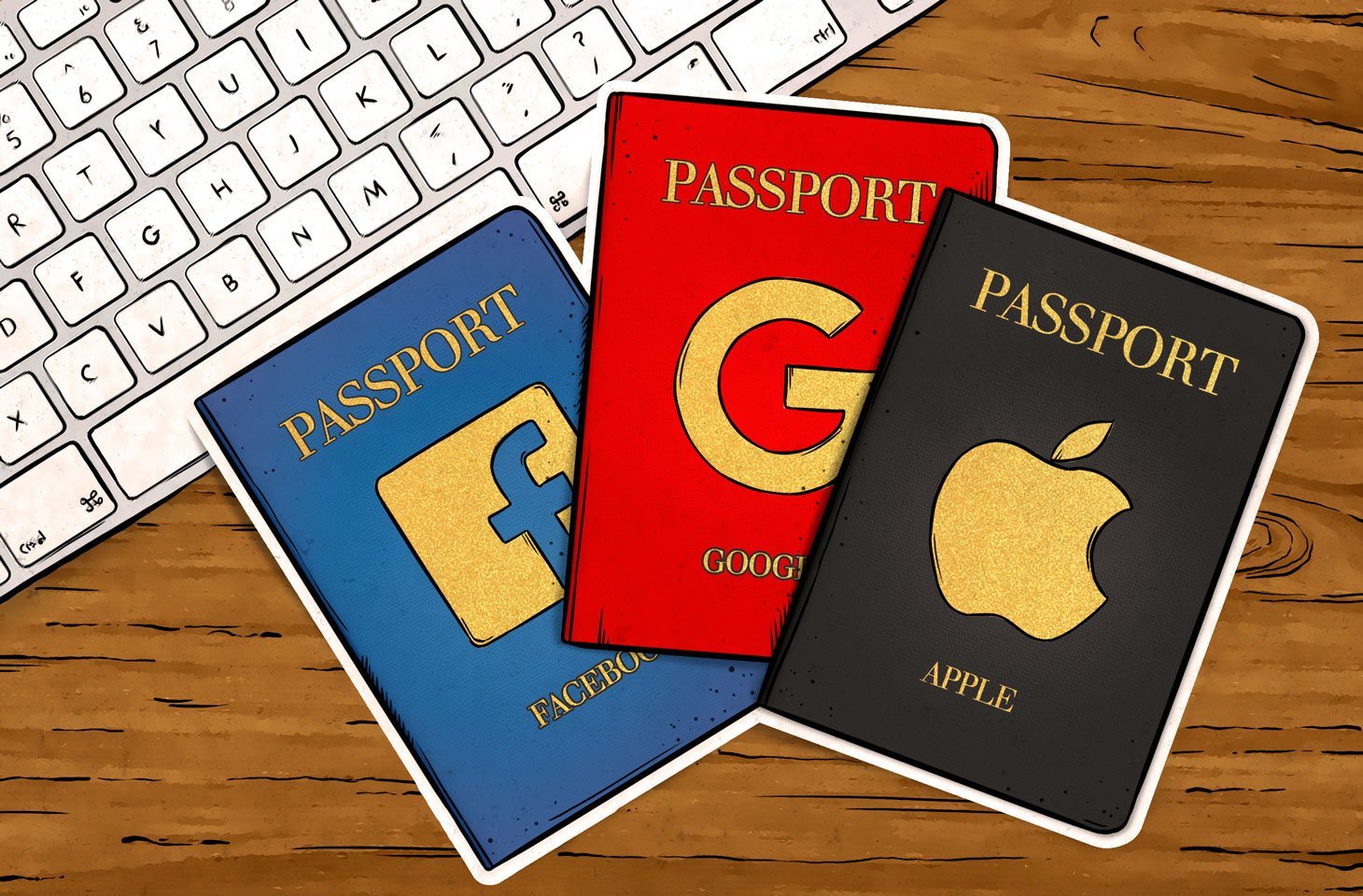
Update iOS and iPadOS to version 14.4 immediately
Version 14.4 patches vulnerabilities that cybercriminals are actively exploiting. Install this update as soon as possible.
117 articles

Version 14.4 patches vulnerabilities that cybercriminals are actively exploiting. Install this update as soon as possible.

Jeff and Dave chat about Parler’s resurgence, monkey thieves, and Bitcoin scams on Twitter that use verified accounts.

On this episode of the podcast, Dave and Jeff discuss a new dating scam, Tesla stopping a cyberattack, macOS malware, a Slack bug, and more.

Many services allow you to share your subscription with family. Here’s how popular sites handle sharing.

At WWDC 2020, Apple rolled out App Clips for iOS. We explain what that — as well as Android Instant Apps — is.

During a cyberattack in Hong Kong, LightSpy spyware infected the iPhones of people visiting counterfeit news sites.

Jeff and Dave discuss headaches caused by Tesla’s app going down, YouTube violating child privacy laws, and more.

Some say you can get malware on your iPhone simply by visiting a dangerous Web page. We examine the rumor to get at the truth.

A new scam aims to unlink a stolen iPhone from the victim’s Apple ID so it will fetch a higher price.

Jeff and Dave discuss ransomware hitting Johannesburg, political Facebook ads, why you should update your iPhone, and more.

Apple to roll out a system of its own for quick login to websites and apps. Learn what makes it different from similar offers.

Everyone knows that EXE files can be dangerous for computers running Windows. But it turns out that EXE files can infect macOS too.

All about why Kaspersky filed an antitrust complaint against Apple in Russia.

Why Kaspersky Internet Security for Android and Safe Kids are set to lose some features.

Let’s take a look at a VPN from Facebook that is more than meets the eye, a bug in FaceTime, happy trails to Internet Explorer and good privacy work from Mozilla.

New iPhones support eSIM technology. We explain what it is and who will soon be using it.

How cybercriminals blocked Marcie’s iPhone, and how to avoid a similar fate.

When I fell victim to sleight of hand and a little bit of fraud, Find My iPhone didn’t save me. Here’s why.

In the 41st edition of the Kaspersky Lab podcast, we talk about Apple banning cryptomining, spyware hijacking webcams, spying through baby cameras, and more.

In the 40th edition of the Kaspersky Lab podcast, we look at Apple protecting privacy, Kim Dotcom, the World Cup, and more.

How scammers are exploiting the GDPR fuss to extract personal data.